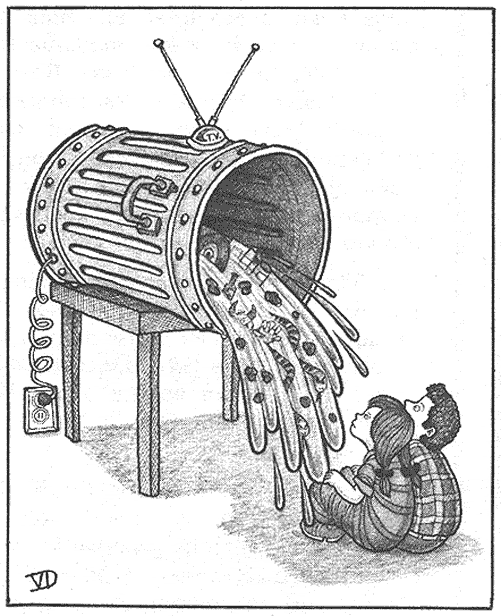On average, a teen spends 4.5 hours on social media per day. Social media began in 1997, with a website called six degrees. In 1999, blogging started. The first blogging website is actually, Blogger, the website I am posting on right now. In 2000, Wikipedia was created and became one of the most popular and convenient websites, even today. In 2004 came Facebook, which is one of the most used social media for the older generations. In 2005, YouTube is one of the most entertaining sources of streaming. In 2010, Instagram was created and became one of the most popular social media site for today's generation. In 2011, Snapchat became one of the most efficient and quickest way of communicating. Today, teens across the world post videos and pictures on social media. Is this a good thing though? A big reason someone may join social media is to make new friends. Social media is really helpful when wanting to bring people with common interests together. One of the biggest drawbacks of social media would have to be cyberbullying. A little over forty-one percent of students with technology report cyberbullying each year. Before I did intense research on cyberbullying I felt that cyber bullying isn’t quite as a problem as it used to be. Maybe I thought this because as we have grow up and the older you get the less bullying you see. But according to my data I collected, while we may have grown up and matured there are still generations below us that are still be affected by cyberbullying probably even more than we were as kids. Cyberbullying is staying the same or increasing, based on most national stats. 2,453 suicides from cyberbullying on social media were reported in 2015. This number is expected to keep rising. Our world is always changing.Just like social media and technology. The important thing is not to use bad judgement and have good boundaries. Nowadays it seems like social media is mainly used as a place of entertainment.
https://www.youtube.com/watch?v=_SAYwQM7OaA
Social media , in my opinion, should be used more as a place to advertise charity events and donation/different fundings. I feel like something I can improve on as a social media user is share more of the go fund me accounts and less funny ignorant videos. These is a time and place for certain things to be posted and sometimes those funny videos interfere and distract us from reality; instead of watching this ignorant videos you could possibly help save a life with a gofundme and just in general giving support to things that really need it. Many times with club soccer I have traveled to other states sometimes meeting people from other countries. It is pretty neat to trade snapchats and instagrams with them so we are able to stay connected and learn about their daily activities. I think social media has the same impact in our country as most other heavily populated countries. I feel as if social media has been the most positive impact on truly bringing people together; possibly bringing people outside of your state to people who live halfway across the world. I worked for my local post office offer winter break and I met this lady, we will call her, Rachael. Rachael lived all the way in Australia in 2010. Back in 2010, she met her future wife through a facebook game. Through Facebook they were able to stay in contact and after a few years of social media connecting they decided to meet in person. Rachael soon met the love of her life and they were able to get married soon after meeting. Rachael is a big fan of social media and technology in general. I asked all my friends what their favorite social media is and why. My first friend said Instagram because she is able to stay connected with all her favorite bands, music, art and friends with the touch of a finger. My second friend said Twitter because it makes me giggle. She uses social media as more as a entertainment factor rather than an informative outlook. My third friend said her favorite social media is Snapchat because there’s no pressure if I post something and it is fun to use (she enjoys taking a bunch of funny videos of herself and sending them to a bunch of people). My fourth friend agreed with my second friend and said Twitter because of the entertainment factor.
In conclusion, social media is growing and spreading more and more everyday. There are so many mixed opinions about social media but overall I believe it is helpful to have social media. Uncontrollably, social media is changing people in our societies lives everyday more and more.













